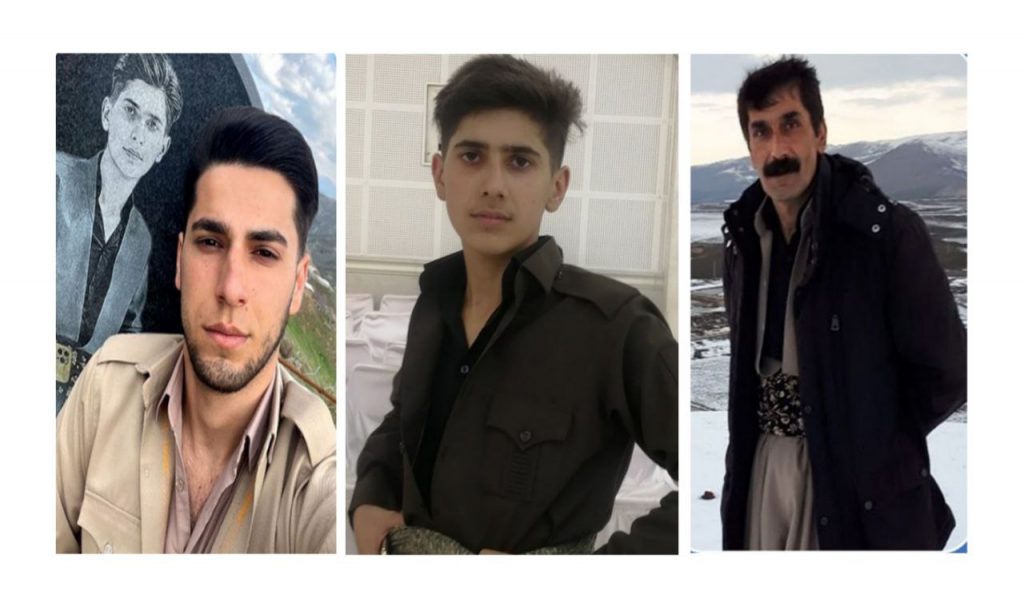
On Saturday, June 22, 2024, Toomaj Salehi’s lawyers, Mostafa Nili and Amir Raisiyan, announced that the Supreme Court had overturned the baseless death sentence of their client. Amir Raisiyan wrote on X (formerly Twitter) that the Supreme Court not only overturned the death sentence but also mentioned that “even the previous six years and three months imprisonment sentence did not adhere to the rules of multiple crimes and was in violation of Article 131 and exceeded the legal punishment.” Major news agencies like Reuters immediately broadcasted the news of Toomaj’s death sentence being overturned due to its significance.
On May 24, 2024, a court in Isfahan, relying on fabricated charges by intelligence officials and at their behest, had sentenced Toomaj Salehi, a resonant voice of the Jina Revolution, a bold whistleblower, and a hero of resistance in prisons, to death. According to Raisiyan, “The strange point is that, in addition to the death sentence, the court also sentenced Toomaj Salehi to a two-year travel ban and a two-year ban on artistic activities.” The complicit judges knew the regime couldn’t execute an artist with global fame and popular support like Toomaj, so they issued such a contradictory sentence. Otherwise, these sell-outs had previously issued other death sentences based on the setups by the Revolutionary Guards, the most notorious being the death sentences for three defendants in the infamous “Isfahan House” case. On May 18, 2023, based on the court’s ruling, Saleh Mirhashemi, Majid Kazemi, and Saeed Yaghoubi were executed. This crime also fueled the anger of the masses seeking the regime’s overthrow.
The hollow death sentence for Toomaj was issued with the hope of intimidating free and rebellious women, silencing brave claimants, intimidating fighters and strikers in industrial centers like oil workers, silencing protesting political prisoners, and the like. However, the reaction from conscious workers, leading youths, militant retirees, protesting claimants, resistant political prisoners, militant teachers, bold artists, human rights organizations, politicians, and progressive Iranians abroad was so vast that it not only failed to achieve the regime’s intended effects but also increased the scope of anger and hatred towards the Islamic Republic, both domestically and internationally, and fueled the fire of struggle and protest against it. These protests bore the marks of changes brought about by the Zhina Revolutionary Movement, of which Toomaj was a resonant voice. These changes have manifested in the shift of power balance in favor of the people.
The reaction to issuing a death sentence for an artist who merely defended revolutionary struggles worried the regime’s leaders; therefore, they announced through the judiciary officials that the death sentence was “advisory” and waited for a suitable time to annul it. The regime’s leaders, not wanting their retreat from the sentence to be perceived as driven by fear, took advantage of the current election show activities to do so. However, the people who have said “no” to the elections and the regime recognize their worn-out tricks and will use their defeat against Toomaj and his supporters as a basis for further progress in civil struggles.
The annulment of Toomaj Salehi’s death sentence is a clear retreat by the leaders of the Islamic Republic and the result of widespread struggles and protests against them and their regime. Now is the time for this current victory of the fighting and freedom-loving people inside and outside the country to lead to Toomaj’s release, the strengthening of the fight against executions, and the release of all political prisoners. This can happen if this freedom is used to strengthen the Zhina Revolutionary Movement. This move is especially occurring in the heart of the third round of the “14-14 Campaign” by striking oil workers for higher wages, 14 days of work and 14 days of rest, and the demand to dissolve contracting companies. The oil workers’ campaign began a few days ago and was strengthened on Saturday, June 22, with the joining of 8,000 workers to the strike. All evidence indicates that the current strikes will turn into powerful waves among the oil workers. Given the fighting position of oil workers in Iran’s class and freedom movement, it can be hoped that the overturning of Toomaj Salehi’s death sentence will advance the Zhina Revolutionary Movement.

